Leadership requires a great vision.
But will that vision lead to harm or peace? Some visions are easier to entice with: fear of the other, victory over enemies, massive wealth. Why are visions that lead to peace so much harder to sell? Is fear more powerful than cooperation and compassion? What do you think? Join the Kinship Cafe discussion this Friday or Sunday as we explore peace leadership from chapter 35 of the Daodejing (Tao Te Ching). Online this Friday at 7am PDT: The link is in the Calendar section. In-Person this Sunday at 9am PDT. Location: Hilltop Spiritual Center, 331 E Elder St., Fallbrook, CA 92028
1
0

What does ideal leadership look like?
What does ideal leadership look like? Is it simply one who has enough power to force their will on others? Democracy argues that ideal leadership should be by, for, and of the people. Yet others claim that true leadership can only come from divine appointment. The Daodejing (Tao Te Ching) suggests that ideal leadership should model itself on nature, that there is an inherent self-ordering principle in our world if it is allowed to flourish, and that the disruption we find in our world is the result of trying to force people into structures and systems that serve special interests rather than for the good of the whole. What do you think? Join the Kinship Cafe discussion this Friday or Sunday as we explore what leadership looks like from chapter 34 of the Daodejing (Tao Te Ching). Online this Friday at 7am PDT: see the link in the Calendar section. In-Person this Sunday at 9am PDT. Location: Hilltop Spiritual Center, 331 E Elder St., Fallbrook, CA 92028
2
0
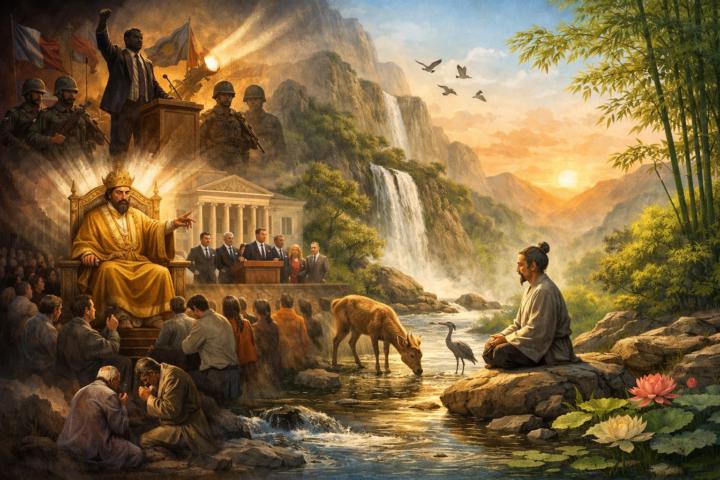
Connected or Separate?
Our values and actions are shaped by our beliefs about the world. Do we see our world as a deeply interconnected system where actions in one part impact everything else, or do we see our world as a collection of separate parts that can be used without consequence? The Daodejing (Tao Te Ching) suggests that our world is a deeply connected oneness and encourages values and actions that support that worldview. We seem to live in a culture that sees the world as a collection of parts and acts as though we can mess around with them with impunity. What do you think, are we separate or connected? Join the Kinship Cafe discussion this Friday as we explore what it looks like to live in a connected world from chapter 33 of the Daodejing (Tao Te Ching). Or in-person on Sunday. Links for both in the Calendar section.
2
0
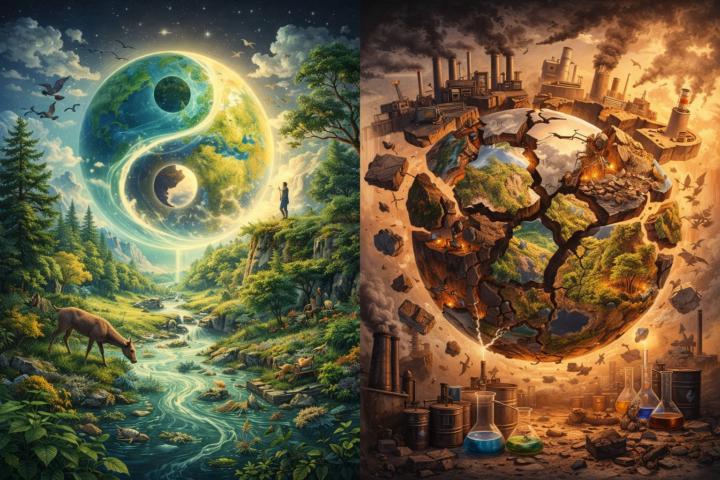
Ronald Reagan a Taoist? 🤔
"...And when the work is done, the people will say 'We did it!'"
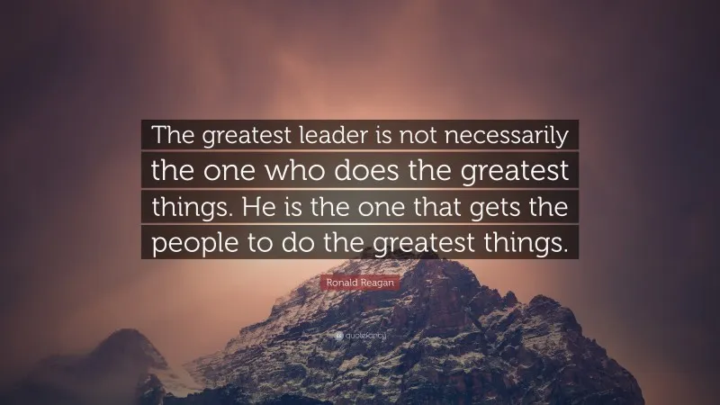
What would society look like if the government took a less active role?
The Daodejing (Tao Te Ching) suggests that humanity would flourish in a way that reminds me of the Hobbits in The Lord of the Rings. Small hamlets of people working together to provide for food and enjoying the simple things that life has to offer. What do you think? Join the Kinship Cafe discussion this Friday as we explore the perspective on life and government from chapter 32 of the Daodejing (Tao Te Ching). Online this Friday at 7am PDT: Link is in the Calendar section
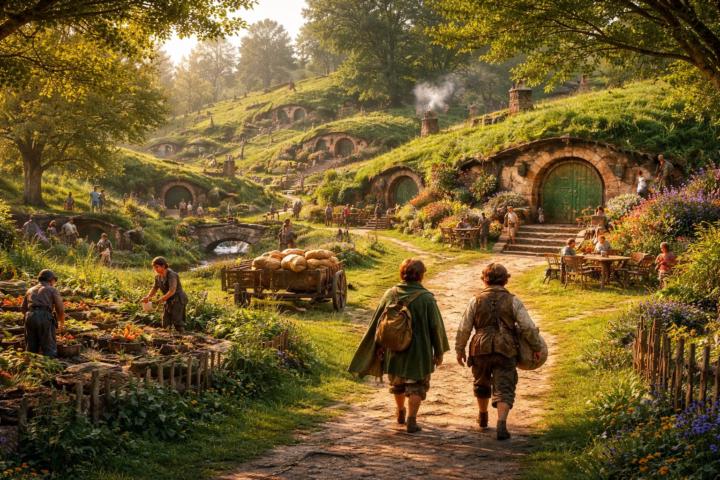
1-30 of 37
powered by
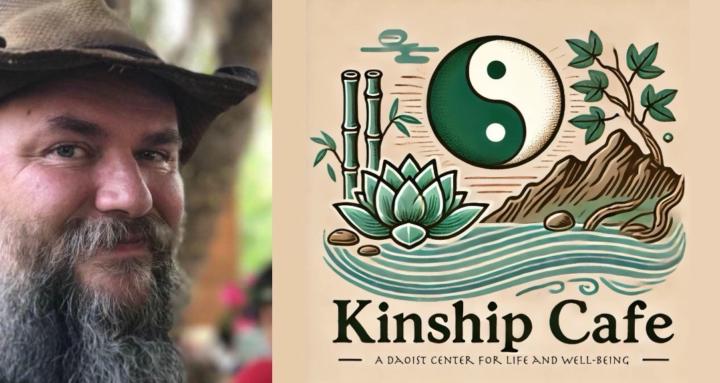
skool.com/kinship-cafe-6105
The Way of Kinship is a philosophy that seeks to heal the wound of division and restore wholeness to the human spirit.
Suggested communities
Powered by


